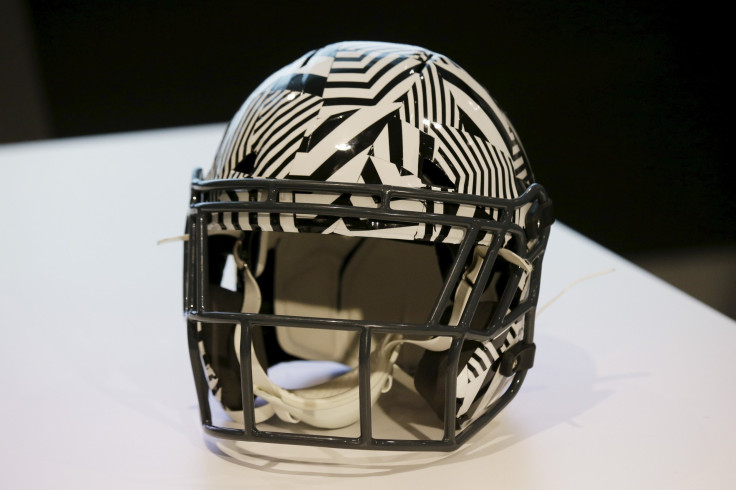Playing Sports With A Concussion Can Increase Recovery Period, New Study Shows

Getting back to the game immediately after suffering a concussion can double the time of recovery for high school athletes, a new study has found.
The research, published in the journal Pediatrics, found that the medical guidelines calling for the benching of an athlete after sustaining an injury to the head were well-founded as the recovery time for sports-related concussions could be reduced if athletes were removed from participation immediately.
For the purpose of the study, the neurological symptoms of 69 athletes between the age of 12 and 19 years, playing football, soccer, ice hockey, volleyball, field hockey, basketball, wrestling or rugby, were assessed. The subjects visited the University of Pittsburgh Medical Center Sports Medicine Concussion Program after suffering head trauma while playing.
Of these, 35 athletes were removed from games right after getting a concussion, while 34 continued to play after being hit. The symptoms and recovery pattern of both groups were compared to show that the group that kept playing — for 19 minutes on average — took 44 days on average to recover, compared to the 22 days for those who were immediately removed.
Mental function tests conducted eight and 30 days after the concussion showed lower scores for those who continued to play. Before the concussion, the mental function for all the players had been similar, medical records showed.
“Kids are often reluctant to acknowledge a concussion,” said Dawon Dicks, a football coach with CoachUp in Andover, Massachusetts, told the New York Times. “The kid may want a scholarship and want to go to college, or it could be that ‘Dad or Coach wants me to play.’ That’s when they’re going to start to be a little dishonest in what they’re truly feeling.”
Every year, there are almost 3.8 million sports-related concussions in the United States.
However, Fox News reported that there exists evidence of about 50 percent of concussions in teen sports not being reported. While some are not aware that the injury is a concussion, others continue playing because “they don't want to let their teammates down,” said University of Arkansas concussion researcher R.J. Elbin, the study’s lead author, according to Fox.
© Copyright IBTimes 2025. All rights reserved.






















